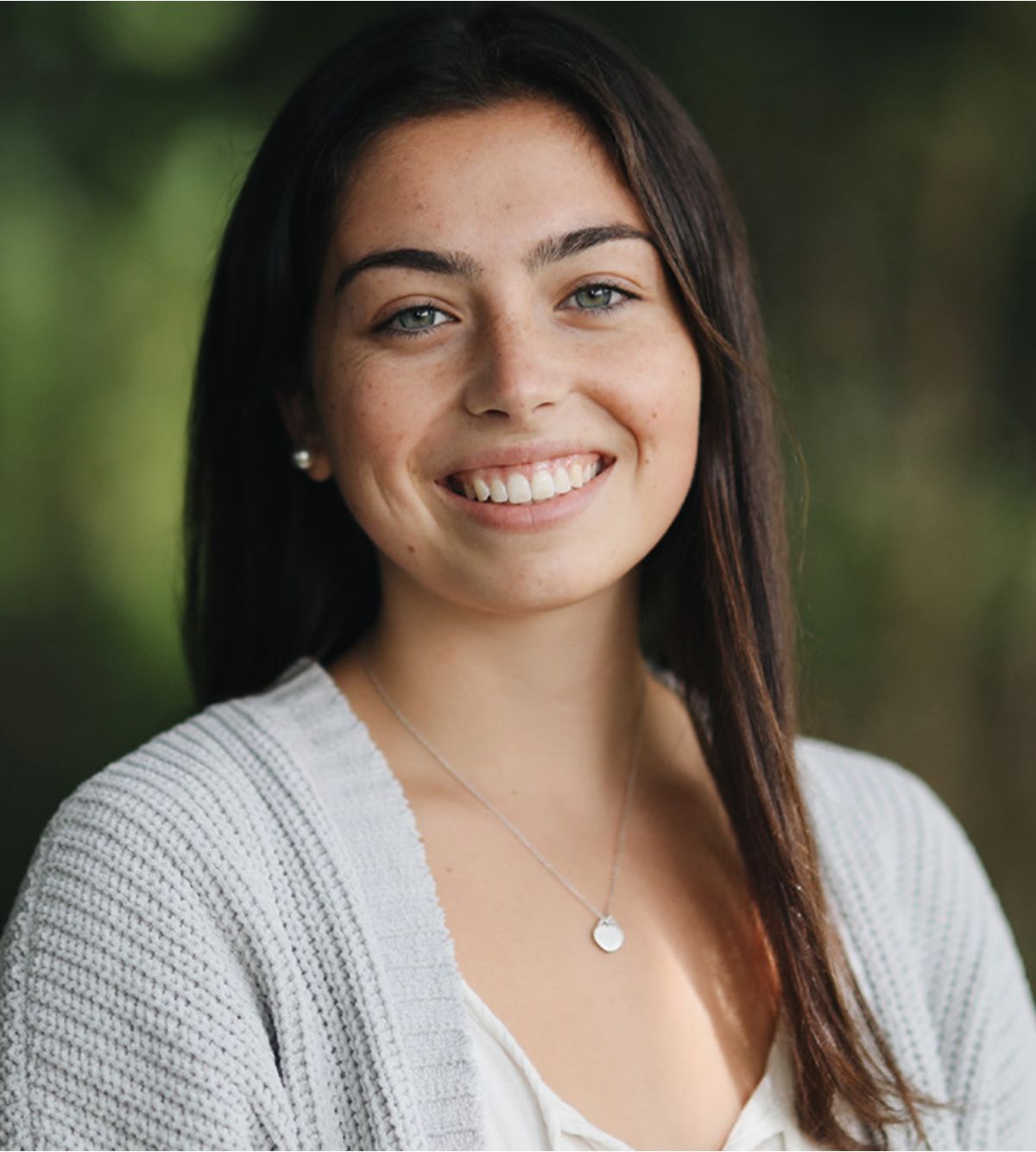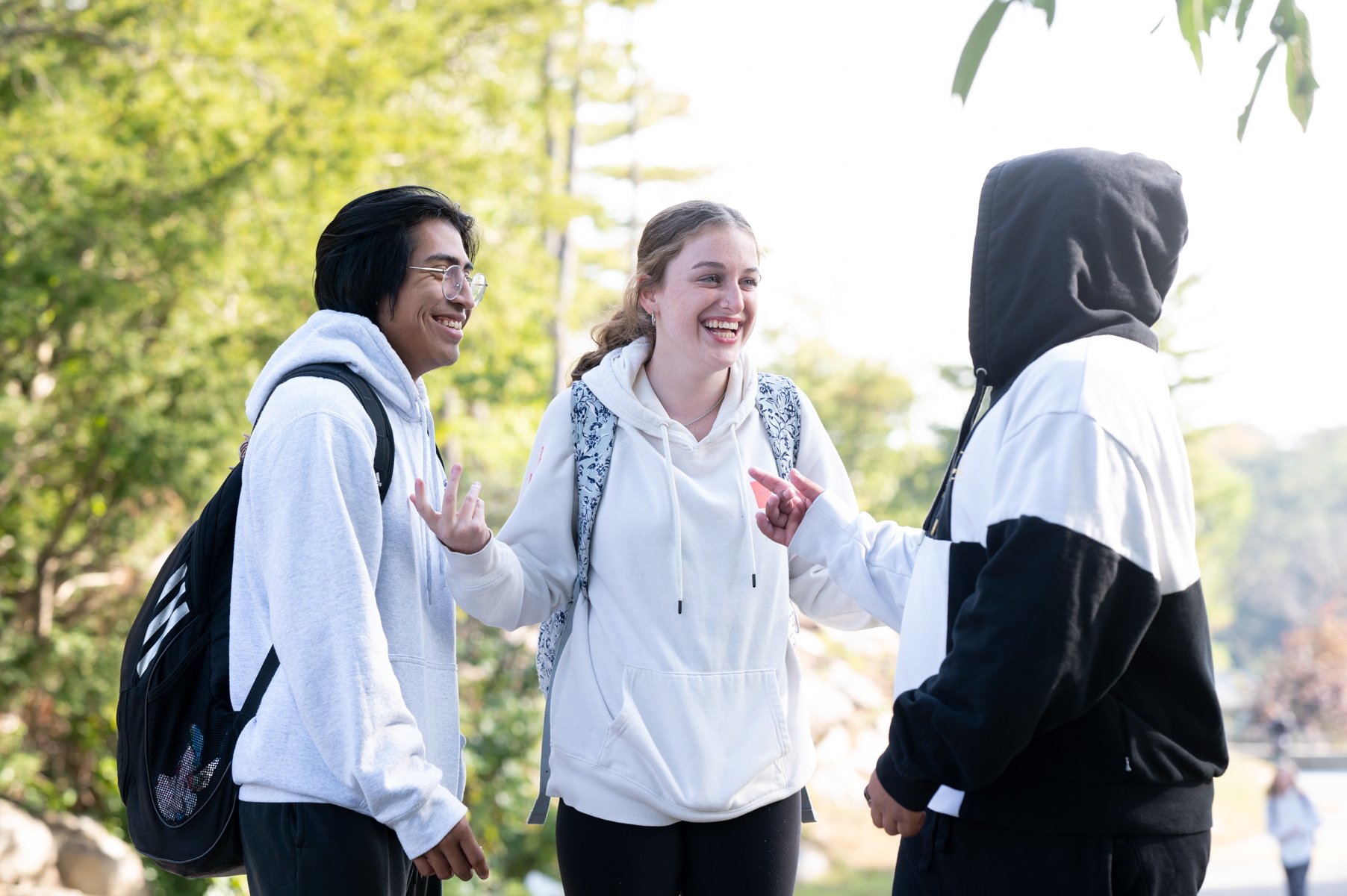- Our School
- Our Advantage
- Admission
- Elementary•Middle School
- High School
- Summer
- Giving
- Parent Resources
- For Educators
- Alumni
« Back
5 Questions to Ask When Visiting an LD School
November 7th, 2023
What is the best approach to tackle a school visit? When visiting a school designed for students with learning disabilities, it’s important to engage the process with an open mind. Be sensitive and curious in order to gather the information you need to make an informed decision.
Here are five questions to ask during your visit.
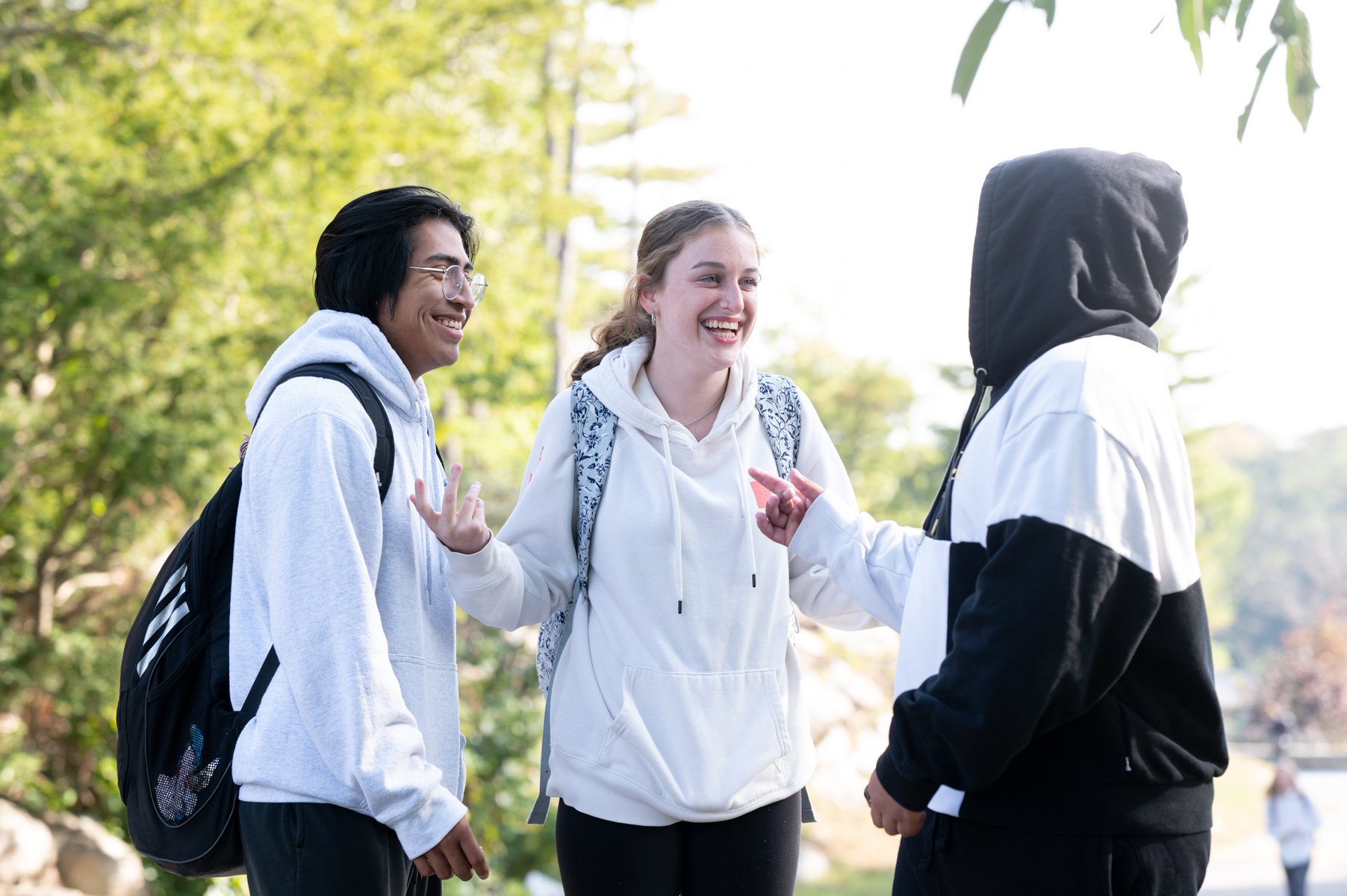
What educational programs and services are offered?
What specialized techniques or tools does the school offer to support students with learning disabilities? It is important to get a good understanding of the curriculum and teaching methodologies. What does the daily schedule look like? Inquire about the involvement of teachers and support staff on how they tailor education to each student’s unique strengths and individual needs.
What support services are available?
Not all support services are alike. Ask about the availability of services and how they are integrated (or not) into the student’s daily schedule. What are the qualifications and experience of the staff providing these services?
What is the teacher-to-student ratio?
It is crucial for students with learning disabilities to be in a learning environment with a low teacher-to-student ratio. Find out the average class size and the number of teachers per class. Smaller class sizes allow for more individualized attention and support.
How does the school assess if a student is the right fit for their program?
You may think a school seems great. Perhaps you like their campus, or are attracted to a sports team they offer. But for your child to be successful academically, you need to make sure the supports and expertise the school can offer match your child's profile. By looking at your child's educational testing and evaluations, the school should be able to tell you if they can meet your child's needs. Ask the school how they evaluate "fit".
Make sure any educational testing and evaluations you have are within the allotted time frame that a school requires, which is typically three years. If your child is on an Individualized Education Program (IEP) or 504 Plan, ask if the school also requires that documentation. Often schools will want additional information, such as transcripts and teacher recommendations. Sometimes an interview is required. Is there any additional screening that is part of the process? Each school’s application process differs, so make sure you ask specific questions about the timeline and deadlines.
How is progress monitored and communicated?
Effective communication is essential in ensuring the student’s ongoing development. Ask about assessment methods, progress reports, and opportunities to gain feedback from teachers. If your student is on an IEP ask about the process of creating and implementing the different components of that plan. Ask who your main point of contact would be throughout your child’s journey at the school.
Additional tips for the visit may include classroom observations, opportunities to speak with teachers, students, and current parents, as well as a tour of the facilities. Each school's culture and climate is different, so it’s important to visit a school community when it’s in action. If you leave the visit and realize you have follow-up questions, always make sure you reach back out. Attending a school for students with learning differences can be a powerful opportunity for your child, but also a big investment. Making the right choice is essential.
We hope these tips help you as you navigate through the exploration process!
About the Author
Lisa Pelrine is the Director of Enrollment Management at Landmark School. She has more than 20 years of admission experience, with former employment at Chapel Hill-Chauncy Hall School in Waltham, Mass. Prior to that, she was a recruiter for Software Engineers at Winter, Wyman, & Company in Waltham, Mass. A graduate of Bentley University with a bachelor’s in Management, Lisa spent a semester in Florence, Italy during her junior year of college. She is currently the President of Small Boarding Schools Association (SBSA).
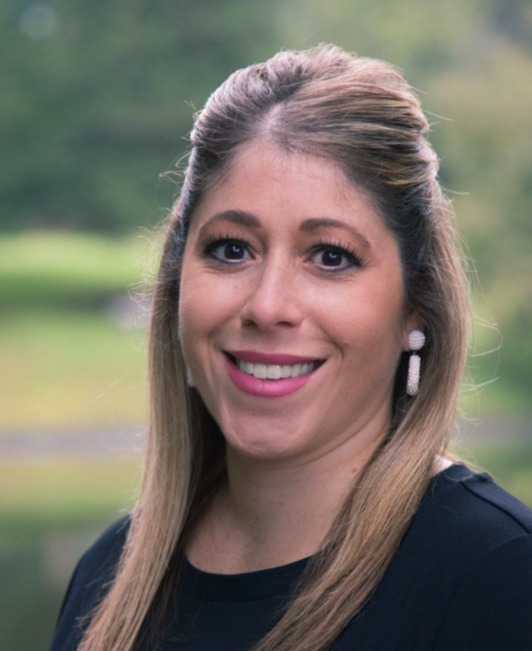
Posted in the category Learning Disabilities.





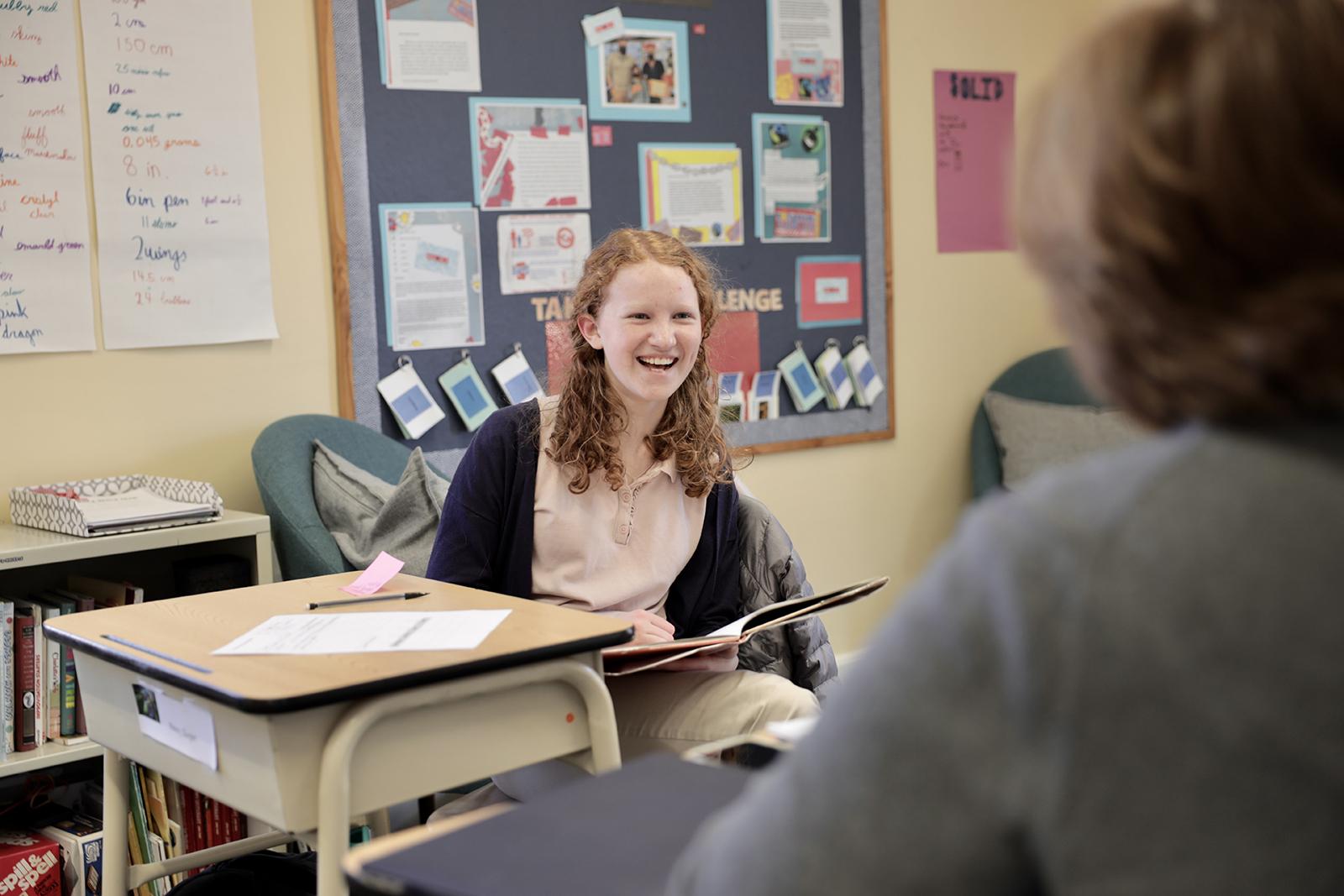
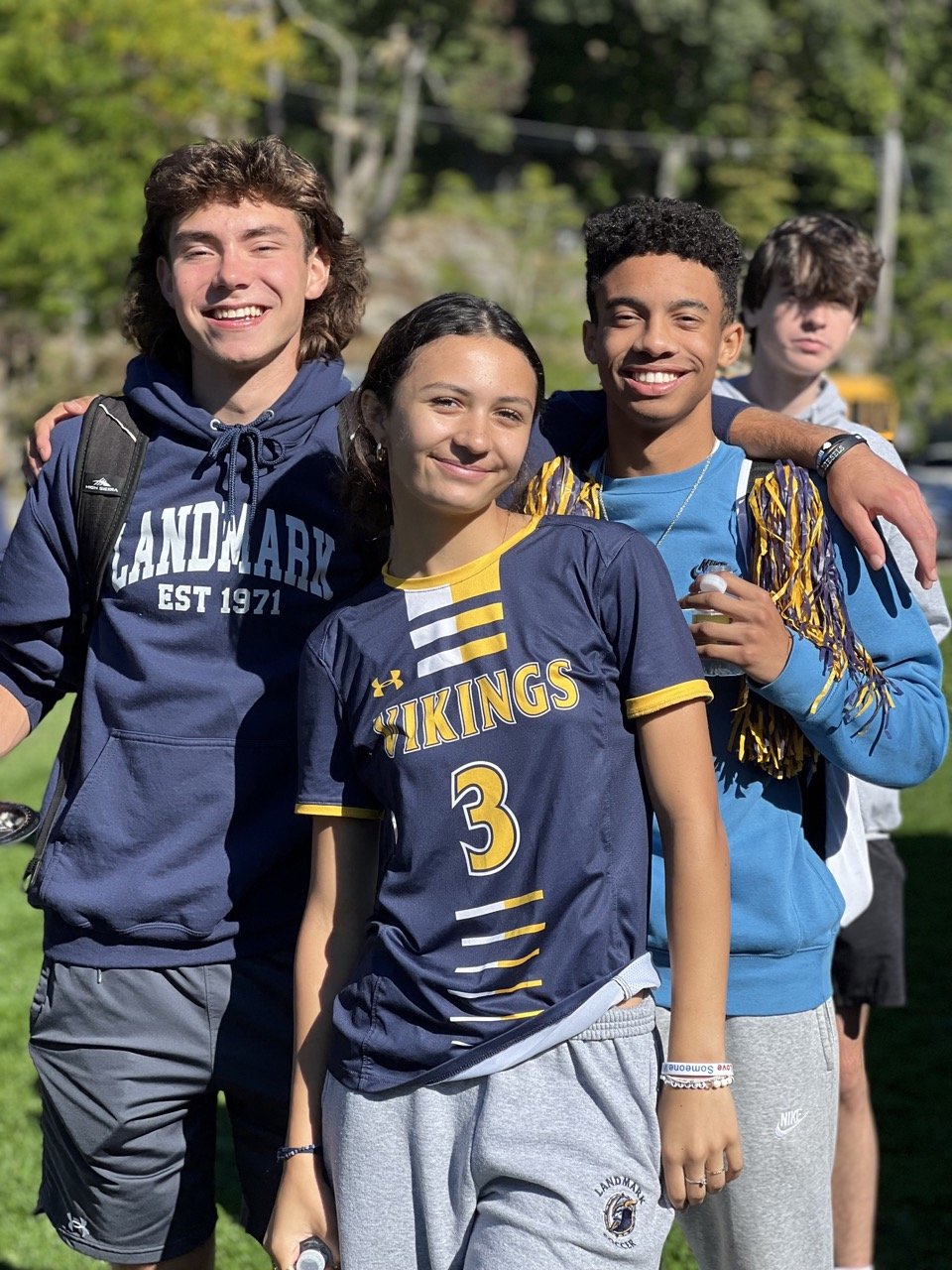

.jpg?v=1652115432307)

